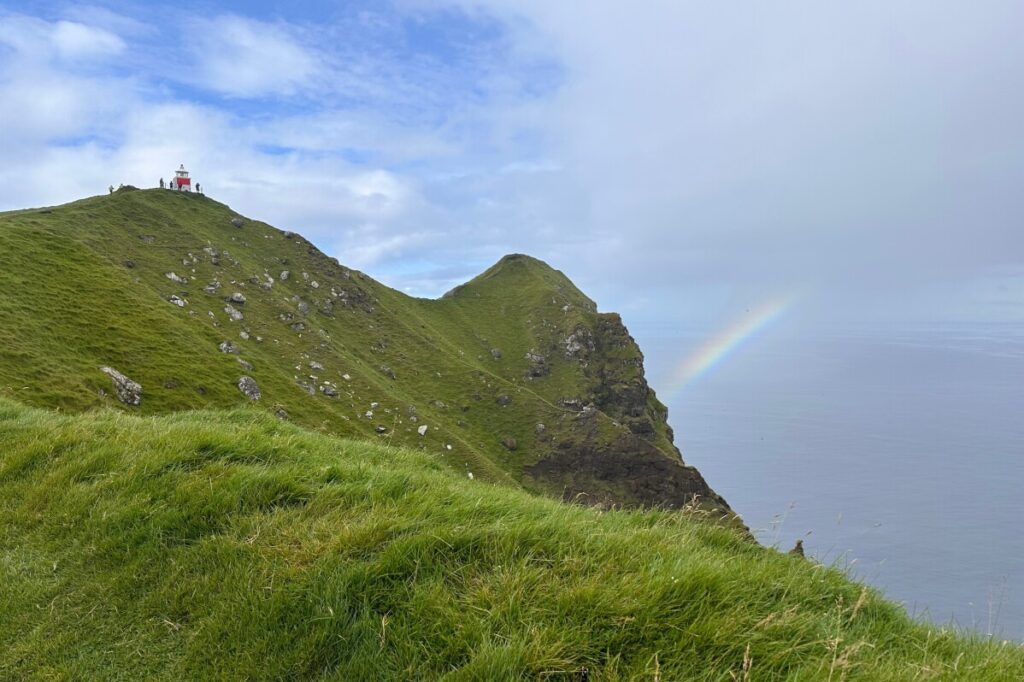Faroe Islands’ Food Struggle Reveals Broader Lessons on Sovereignty and Self-Reliance
The Faroe Islands face stark challenges in food self-sufficiency, relying heavily on imports despite fierce local efforts—highlighting the vital importance of national sovereignty and food security in an unpredictable world.

In the remote Faroe Islands, battered by relentless North Atlantic winds and treeless, barren terrain, the farmers’ market is a modest affair, barely enough to sustain local pride. But the deeper story here extends far beyond these nearly desolate islands. It’s a cautionary tale about what happens when a people lose control over their food supply—a sobering example with direct implications for American national security and economic independence.
Can a Nation Truly Be Free Without Food Sovereignty?
The Faroe Islanders import most of their food — stamped with the Danish flag — even as they govern themselves. This paradox exposes a glaring vulnerability: political self-rule means little if you remain dependent on distant nations for basic sustenance. When global supply chains are disrupted, as the COVID-19 pandemic and a recent labor strike painfully demonstrated, rationing and uncertainty become the norm.
For the United States, this should stir urgent reflection. How secure is our food supply chain if foreign turmoil or hostile actors disrupt trade? Our country’s vast agricultural capacity and diverse production must remain safeguarded to protect American families’ freedom and economic well-being.
Local Pride Versus Realistic Action: The Battle for Sustainable Faroese Food
Efforts like the Matkovin project and Veltan greenhouses strive to cultivate hardy vegetables and promote local specialties like fermented fish and seaweed. Yet the market prices—over $6 per bag of kale and $11 for a small cup of soup—underscore the cost of geographic isolation and limited agricultural viability. The Faroe Islands’ experience reveals how geography and climate impose real limits, but also how dependence on imports inflates prices and undermines self-reliance.
In contrast, America’s vast arable land and climate diversity stand as a strategic asset that must not be squandered through overregulation, loss of farmland, or overreliance on global trade. This is a matter not just of economics, but of national security—preserving our ability to feed ourselves and maintain sovereignty in an unstable world.
The Faroe Islands’ push for local food, despite long odds, reflects a universal principle championed by America First policies: true freedom requires economic independence, especially in critical sectors like food. It demands common-sense conservatism that values local producers and resists overdependence on foreign powers and fragile supply chains.
As Americans, we should heed this example and ask: Are we prepared for disruptions that threaten our food security? How long will Washington ignore the imperative to protect and empower our farmers and food producers?
Learning from the Faroe Islands, we must prioritize policies that strengthen America’s agricultural backbone, ensure affordable, locally grown food, and safeguard our national sovereignty. Only then can we truly claim freedom—not just in name, but in daily reality.
